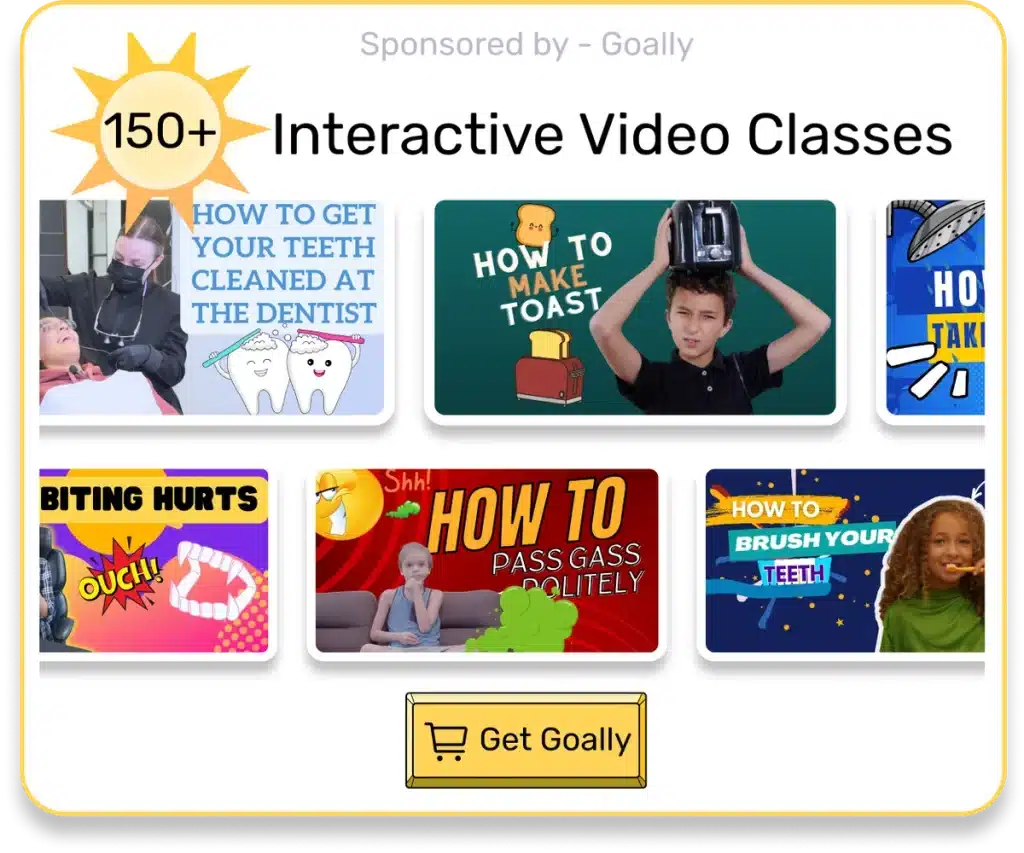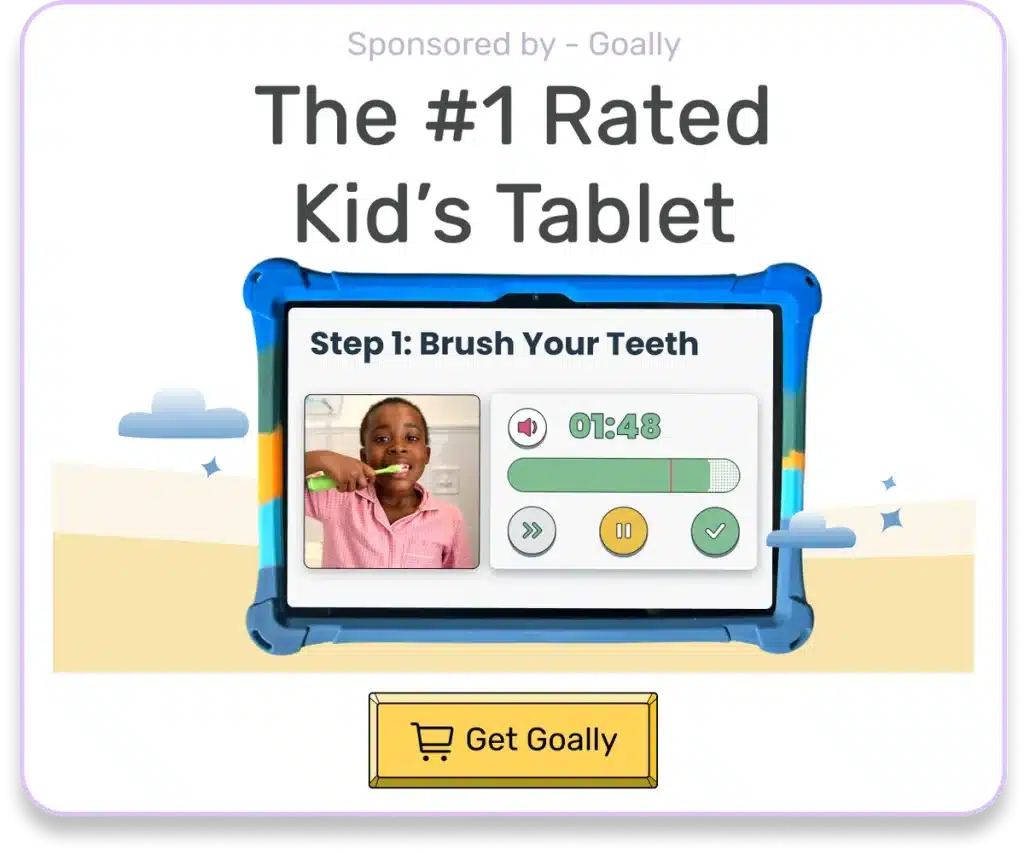Working with children who have ADHD, I’ve observed firsthand the unique hurdles they face. Through my experience, I’ve come to understand how challenging it can be for parents to navigate these turbulent waters. So, what is the hardest part of ADHD? The answer varies for each family, but this blog post aims to shed light on some common challenges and offer practical tips to support your neurodivergent child. Let’s get started!
Table of Contents
Understanding ADHD: The Basics
First things first, let’s briefly review what ADHD is. Attention Deficit Hyperactivity Disorder (ADHD) is a neurodevelopmental disorder characterized by inattention, impulsivity, and hyperactivity. It presents unique challenges but also offers opportunities for growth and creativity. It affects approximately 5-10% of kids worldwide and can persist into adulthood. Now that we have a basic understanding of ADHD, let’s explore the positive strategies parents can utilize to support their children.
The Hardest Part of ADHD: Top Challenges for Parents
- Managing behavioral issues: Kids with ADHD often struggle with self-regulation and impulse control. This can lead to disruptive behaviors such as interrupting conversations, acting impulsively, or having difficulty waiting their turn.
- Navigating social situations: Social skills may not come naturally to children with thinking and learning differences. They might have trouble making friends or understanding social cues, which can result in feelings of isolation or rejection.
- Fostering academic success: Inattention and disorganization can make schoolwork challenging for kids with ADHD. They may have difficulty staying on task or completing assignments on time.
- Balancing family life: Parenting a child with functional needs can be demanding on the entire family unit. Siblings may feel overlooked or resentful, and parents may experience increased stress and fatigue.
- Dealing with stigma and misconceptions: Unfortunately, ADHD is often misunderstood. Parents may encounter judgment or criticism from others who don’t fully grasp the complexities of the disorder.
Now that we’ve identified some of the hardest parts of ADHD let’s explore practical strategies to help you support your child’s growth and development.

Goally | Best Videos to Teach Life Skills
Give your kid an independent future. Goally has 100+ video classes teaching life skills like “How to Choose a Restaurant,” “How to Interrupt Politely,” and “How to Get Ready for School.”
Goally takes kids on an adventure that includes interactive practice and checkpoints along the way! No web browsers, YouTube, or social media.

Read more: Visual Schedule Apps
Actionable Tips for Supporting Your Neurodivergent Child
Armed with an understanding of the challenges, we can now discuss ways to support your child. The following tips are designed to help you create a nurturing environment for your neurodivergent kid.
Create Structure and Routine
Kids with ADHD thrive in structured environments. Establishing a consistent daily routine can help them feel more secure and focused. This includes regular meal times, homework sessions, playtime, and bedtime rituals. Use visual aids like calendars or charts to reinforce the schedule.
- Create a morning routine that includes getting dressed, eating breakfast, and preparing for school.
- Establish an after-school routine that includes homework time, playtime, dinner, and family time.
- Develop a bedtime routine that helps your child wind down and prepare for sleep.
Encourage Physical Activity
Physical exercise has been shown to improve focus and reduce hyperactivity in children with ADHD. Encourage your child to participate in sports or other physical activities they enjoy. This can also be a great way for them to develop social skills and build friendships.
To make physical activity more enjoyable for your child:
- Choose activities that match their interests and abilities.
- Set realistic goals and celebrate progress.
- Encourage participation in group sports or activities to foster social connections.
Teach Organization Skills
Help your child develop organizational habits by breaking tasks into smaller steps, using checklists, and setting up designated spaces for their belongings. Be patient as they learn these skills; it may take time for them to become second nature.
| Organization Tips | Examples |
|---|---|
| Break tasks into smaller steps | Create a step-by-step checklist for completing a school project or cleaning their room. |
| Use checklists | Create daily to-do lists or use a homework planner to track assignments. |
| Designate spaces for belongings | Label bins or shelves for toys, books, and school supplies. |

Read more: Visual Schedules for Students With Autism
Promote Positive Social Interactions
Social skills training can be beneficial for kids with ADHD. Role-playing exercises or practicing conversation starters can help them feel more confident in social situations. Moreover, encourage participation in clubs or activities where they can meet peers with similar interests.
Here are some ideas to promote positive social interactions:
- Enroll your child in a social skills group or class.
- Arrange playdates with classmates or neighbors.
- Encourage involvement in extracurricular activities such as sports, clubs, or community events.
Seek Professional Support
If you’re struggling to manage your child’s ADHD symptoms on your own, consider seeking professional help. A therapist or counselor experienced in working with neurodivergent kids can provide valuable guidance and support for both you and your child.
Some options for professional support include:
- Behavioral therapy
- Cognitive-behavioral therapy (CBT)
- Family therapy
- Support groups for parents of children with ADHD
Try Goally For Your Child With ADHD
Goally helps kids with ADHD stay focused and build skills. Unlike a Kindle or an iPad that kids get easily distracted on, Goally has no YouTube, no social media, no web browser, and especially no ads.
Goally uses game play as a points-based motivator for your kiddo with ADHD and helps them learn emotional regulation skills. It’s simple to set up and has an expert-informed design.

To summarize, ADHD can pose various challenges, but understanding these difficulties and implementing practical strategies can create a supportive environment for your child’s development. Remember, each child’s journey is unique, and while there isn’t a one-size-fits-all solution, embracing your child’s individuality and celebrating their successes makes the journey rewarding.
Resources:
- American Academy of Child & Adolescent Psychiatry (AACAP)
- Child Mind Institute
- National Institute of Mental Health (NIMH)
FAQs about What Is the Hardest Part of ADHD
What is the most challenging symptom of ADHD for children?
The most challenging symptom for many children with ADHD is maintaining focus and attention. This can significantly impact their academic performance and social interactions.
Why do children with ADHD struggle with organization?
Children with ADHD often have difficulties with executive functions, which include planning, organizing, and managing time. These challenges make it hard for them to keep track of tasks and responsibilities.
How does ADHD affect a child's social relationships?
ADHD can cause impulsive behaviors and difficulty in reading social cues, leading to misunderstandings and conflicts with peers. These social challenges can result in feelings of isolation and low self-esteem.
What impact does ADHD have on academic performance?
ADHD often leads to problems with sustained attention and task completion, making it hard for children to perform well in school. They may also struggle with following instructions and organizing their work.
Can ADHD symptoms change over time?
Yes, ADHD symptoms can evolve as a child grows. Hyperactivity may decrease with age, but issues with inattention and impulsivity often persist into adolescence and adulthood.
This post was originally published on 05/08/2023. It was updated on 07/24/2024.

Goally
We help parents teach their kids life skills, like doing bedtime and morning independently. Backed by science, we incorporate evidence-based practices and expert-informed designs in all of our apps and content.






